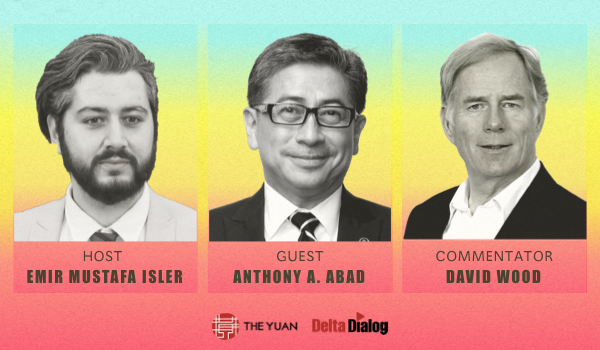
GENEVA -
Democratic AI Governance
Implementing a consortium for AI governance presents challenges as great as those of the next best thing. One of the most pressing hurdles is achieving international cooperation and consensus. Aligning nations towards common goals is complex, especially with diverse geopolitical interests and different levels of technological advancement. Securing the necessary funding and resources to support such a large-scale initiative also requires financial strategies and stakeholder engagement. Building trust among participants and ensuring transparent processes are also important to sustaining such a consortium's efforts over the long term.
The environmental implications of AI expansion have serious concerns. Scaling AI infrastructure - including data centers and computational resources - consumes energy and resources, contributing to environmental degradation. To address these impacts, the consortium must prioritize sustainable practices and green technologies by integrating environmental considerations into the core of AI development and deployment. In this way, the consortium will mitigate negative ecological effects and promote a more sustainable tech ecosystem.
Democratic governance of AI is the principle ensuring fairness, accountability, and inclusivity. The governance structure will have to be designed with representation from diverse stakeholder groups, including governments, industry, academia, and civil society. Establishing transparent decision-making processes, regular public consultations, and independent oversight mechanisms will be necessary to maintain democratic integrity. Active involvement of the general public in AI governance decisions will be a plus point for trust and legitimacy. Public forums, citizen assemblies, and online platforms for feedback are some of the ways for the consortium to enable this involvement. The consortium will have to ensure that public voices are heard and considered in decision-making, which will lead to creating opportunities for meaningful engagement and dialog, thus enhancing the democratic nature of AI governance.
What’s in it for me?/Why should I care?
Peering 20 years into the future, the impact of the proposed consortium on global society and daily life will be huge. If successful, the consortium will have established frameworks for safe, equitable, and sustainable AI development. AI technologies will be more transparent and accountable, reducing risks and improving international cooperation, which will lead to more unified and effective responses to global challenges, such as climate change and cybersecurity threats. Daily life, which already is significantly influenced by AI innovations, will further improve healthcare, education, transportation, and other areas
Through its efforts, the consortium may help create a future where AI serves as a powerful tool for improving human capabilities and addressing some of the world's most burning issues.
Further Reading:- How a public-private consortium could lead to democratic global AI governance
- Who needs governments? AI prompts the question already on the minds of many
- There is a strong case to be made for regulating GenAI through common law





 224 views
224 views






